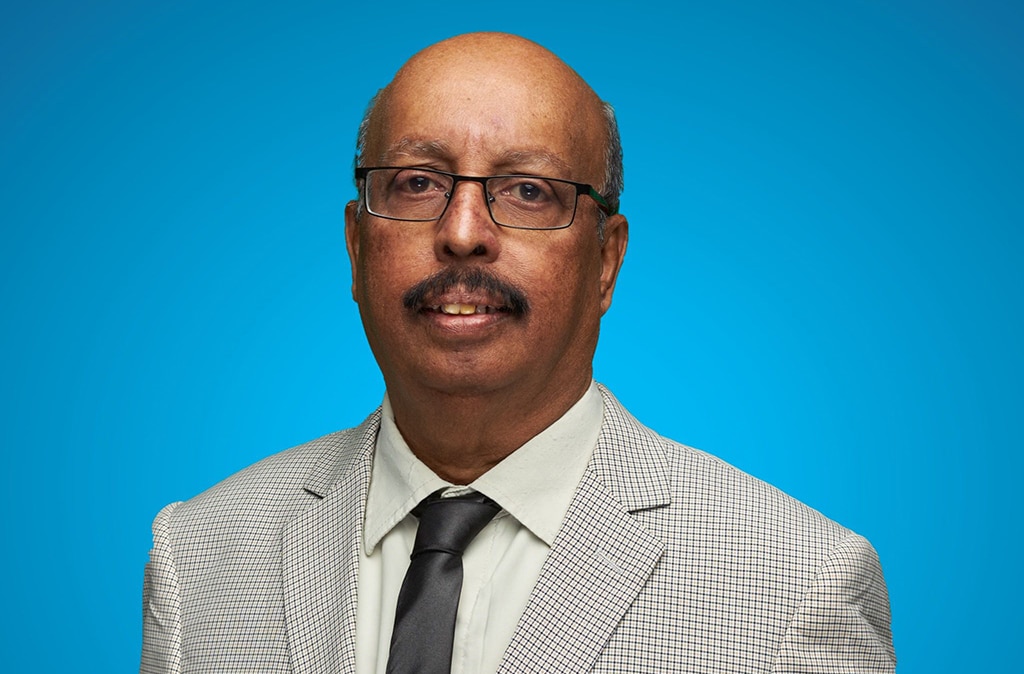
the holy month when the Noble Quran was revealed to Prophet Muhammed (PBUH), falls in the ninth month of the Islamic lunar calendar. Kuwait has many beautiful Ramadan traditions that one can look forward to, like exchanging ideas at ghabqas and diwaniyas, giving out sweets to children in their traditional dress for Girgian, and trying out traditional Kuwaiti dishes for futoor and suhoor.
Muslims look forward to welcoming Ramadan as a season of family, faith, community and reflection; important aspects of life that can fall by the wayside in the midst of our day-to-day responsibilities. The holy month of Ramadan creates space to center oneself and focus on what we value most as human beings, especially appreciating the concentration on philanthropy and the many opportunities to volunteer and give back to the community.
Ramadan has been enjoyed by expats and Kuwaitis for decades. Working hours are cut short and a mood of relaxation appears, where people tend to devote more of their time to worship followed by trying out different recipes to appease the tastebuds of both young and old in the family and invited friends. There seems to be a particularly joyful relaxed atmosphere this year, as people are finally able to gather in large numbers without restrictions to celebrate Ramadan festivities for
the first time since the onset of COVID-19.
The Grand Mosque has re-opened after a gap of three years, welcoming worshippers for night prayers known as qiyam al-layl, as the intensity of prayers increases during the last 10 days of Ramadan. Families get together for iftar, inviting friends and colleagues, and having the opportunity during Ramadan to connect with many wonderful people who were hitherto strangers. There is warmth and hospitality everywhere in Kuwait. People love these gatherings which are unique to Kuwait and an excellent way for different generations of families to meet and learn more about local traditions. People share their stories of the past, which makes the atmosphere exciting and interesting.
Ramadan brings in a sense of brotherhood. Even during the past two years of the pandemic, Muslims worldwide tried to come together virtually in different ways, but it is so much nicer to do it in person. Ramadan is a time when one is privileged to get to know people at a deeper, more personal level, being invited into their homes and meeting their families. It is also a period of reflection, spiritual renewal and a time to focus on cultivating healthy habits and choices. The focus on giving and ensuring the best in our actions and behavior towards others is something that resonates deeply with every family.
Children turn innovative and creative, like making an advent Ramadan calendar that records helpful or kind acts performed daily during Ramadan, which means
that getting lots of extra hugs and toys get cleared away without parents having to remind them. Ramadan is a month when everybody loves to dress in their best traditional or national dresses. Ladies love their stunning Ramadan kaftans with their gorgeous colors and designs. Throughout the month of Ramadan, shopping malls are crowded, beaming with enthusiastic shoppers shopping late at night.
As in Kuwait and other parts of the world, Ramadan is a period of reflection and connection for Muslims. Each person is on a kind of journey during Ramadan, which may feature prayers, fasting, donations and for many, a focus on self-discipline and being more conscious of their thoughts and actions and the impact they have on society. Family and friends gather for iftar and suhoor and many make a point of inviting non-Muslim friends to partake in order to help encourage understanding of Islam and the spirit of Ramadan.
It is often found that Ramadan presents an opportunity to build bridges between other society more broadly. Ramadan highlights not only what binds us together, but also the wonderful pluralism and diversity that exists within the Muslim community and the rich tapestry of traditions and practices this creates. As the blessed month of Ramadan comes to an end, people have turned toward the joys of planning the celebration of Eid al-Fitr.



